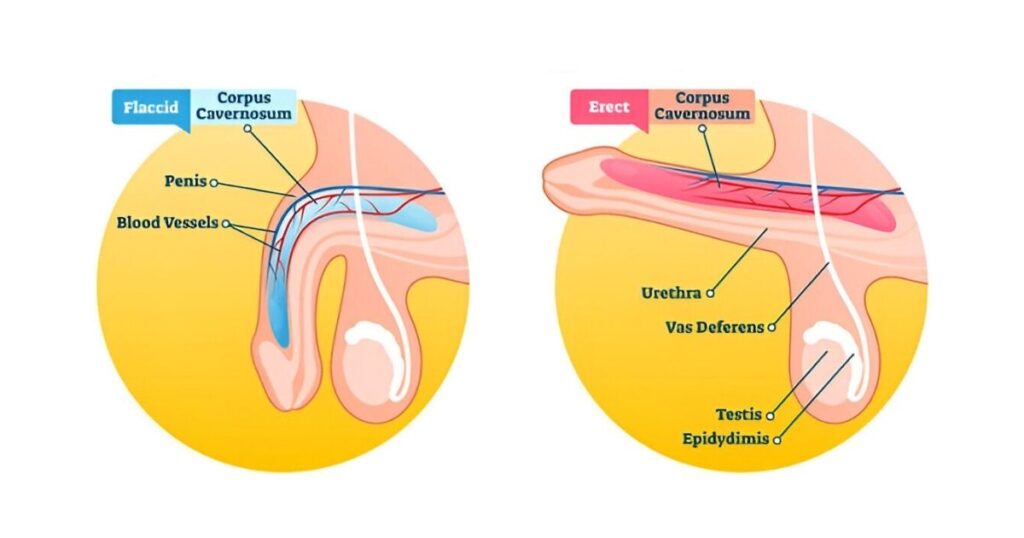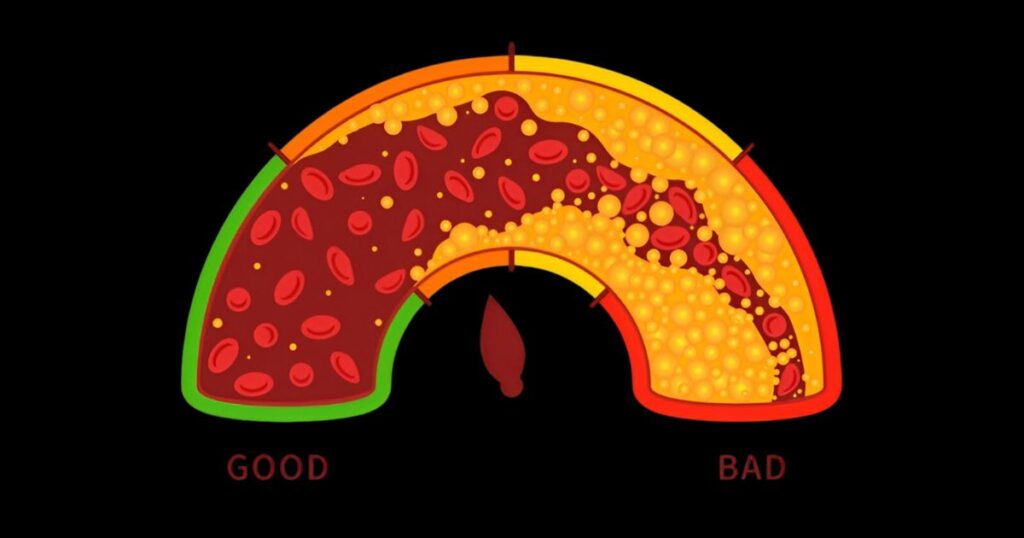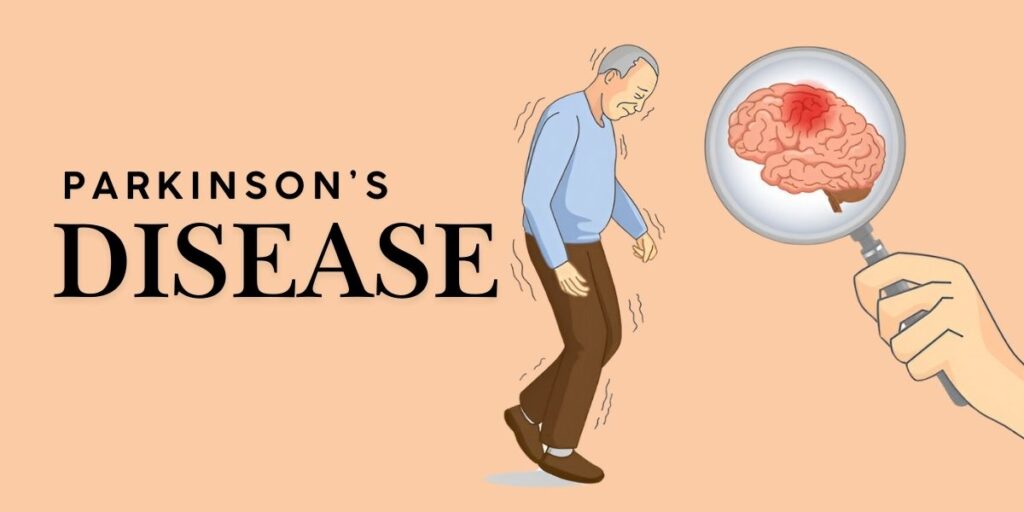Erectile dysfunction (ED) is no longer only an issue for the elderly. Approximately 30% of the young adults below the age of 40 years are facing this silent epidemic.
What is Erectile Dysfunction?
ED is the inability to attain an erection and maintain it throughout intercourse. Although any man can face difficulty in achieving an erection once in a blue moon, the problem arises when it becomes a recurring instance during sex. This is when you need help from a professional to deal with this medical issue.
Understanding the Prevalence of ED
ED is a prevalent health problem among millions of men around the world. It’s thought to be a problem with the elderly, but studies show that ED can occur in any man, young or old. Knowledge about its prevalence is important in destigmatizing the illness and motivating people to access appropriate care.
- In a global study involving more than 27,000 men from eight countries, reports showed an ED prevalence of 8% among men aged 20–29 years and 11% among those aged 30–39 years. (Ref)
- A study conducted via an Internet survey in the UK in 2018 revealed that 41.5% of men reported having ED. (Ref)
- ED is one of the top sexual disorders in men in North India, with a 5% prevalence. (Ref)
Common Facts about ED
ED is a less-talked-about condition, making it necessary to clear the air around it. Here are some key facts that can help demystify ED.
- It is common and how – According to reports, 320 million men will be affected by ED by 2025. (Ref)
- Age is just a number, literally – Earlier, ED was a common issue in older men. But today, ED has seeped into men’s lives who are as young as 30.
- Alarm bells for another disease – Many healthcare providers say that ED might be a symptom of underlying conditions such as diabetes, high blood pressure, heart disease, or high cholesterol.
- Lazy living is to blame – A sedentary lifestyle combined with smoking, alcohol consumption, lack of exercise, and poor diet amplifies the risk of ED.
- Feeling blue can contribute too – Psychological factors like stress, anxiety, depression, or relationship woes can trigger ED symptoms.
- Being an early bird helps – Recognize the signs your body is giving you and address ED by visiting a medical professional.
- ED prevention is perfectly possible – If you actively participate in your health management, ED is not unavoidable. Many men experience healthy sexual function in their 60’s and 70’s.
Erectile Dysfunction Symptoms
Although the symptoms of ED can differ from person to person, here are some common signs that you can look out for.
- Difficulty in achieving an erection
- Difficulty in maintaining an erection throughout sex
- Reduced sexual desire or libido
- Low self-esteem before any sexual performance
- Fear of sexual activities
When to Consult a Doctor?
You should consult a doctor if ED starts interfering with the quality of your day-to-day life. Here are a few situations when you should see a doctor.
- Chronic symptoms – If it has been weeks since you had pleasurable sex, put on your shoes to get a professional evaluation.
- Presence of other symptoms – If ED is also accompanied by other symptoms, including weakness, chest pain, or urinary incontinence, it could be indicative of a serious health issue such as heart disease or diabetes.
- Concerns about medications – If ED occurs after you start a new medication, talk to a doctor about potential side effects.
Causes of Erectile Dysfunction

ED can happen for several reasons – physical, emotional, and medications. These causes are not exclusive and may overlap as well. Therefore, it is essential to study them all to understand ED better.
Physical Causes
- Restricted blood flow to the penis – The most common cause of ED is when the penis does not receive enough blood to trap during sexual activities. Many health conditions can reduce blood flow to the penis.
- Conditions affecting the nervous system – Health issues affecting the brain and spinal cord can interfere with nerve signals required for achieving erections.
- Diabetes – This medical condition can narrow down the blood vessels in the penis that control erection and result in dysfunction.
- Hormonal imbalances – A dip in testosterone levels can negatively affect erections. Endocrine disorders can also contribute to ED.
- Chronic illnesses – Liver conditions, sleep disorders, or kidney disease are a leading cause of ED.
- Physical injuries – If you have suffered any injury to your pelvis or penile region, it might also hamper blood flow in the region and give rise to erectile dysfunction.
Emotional Causes
Sex is not just a physical act. It needs alignment of the body with the mind. If you are stressed or anxious, it can affect your ability to perform sexually, influencing your erections. Here are the top emotional causes behind erectile dysfunction.
- Performance anxiety – If any man has a fear of sexual performance because of not having performed once, he may become anxious about his sexual failure becoming repetitive, leading to ED.
- Relationship issues – Emotional distance between partners can lead to intense stress and influence sexual performance, which might culminate in ED.
- Trauma – Traumatic past sexual experiences can affect a man’s ability to perform well during sex and cause erectile dysfunction.
- Depression – Feeling emotionally low and indifferent can make a man lose interest in physical intimacy and impact his will to perform sexually.
Certain Medications
Many medications have listed ED as their significant side effect. Some common medications include:
- Antihistamines – These may have sedative effects and lead to sexual dysfunction.
- Beta-blockers – These reduce blood flow to the penis and alter nerve signals causing erectile dysfunction.
- Anti-depressants – These have sexual side effects like suppressed libido and delayed ejaculation.
- Neurological drugs – They can impair sexual function, leading to difficulties with erections.
- Hormonal medications – They can interfere with your natural hormone levels and reduce your sexual urges.
Who is Most Likely to Get ED?
Apart from the above risk factors, any person who does the following is mostly likely to suffer from ED:
- Smoking
- Consuming alcohol
- Using drugs
Any man following an unhealthy lifestyle is more likely to get diagnosed with ED than someone who eats healthy, sleeps on time, and follows an active lifestyle.
Erectile Dysfunction Diagnosis
ED is generally diagnosed by conducting a medical history review. The health professional will ask questions about your sexual health, overall well-being, and history of medical conditions. Doctors may ask about the frequency of ED symptoms, medication intake, lifestyle, and past surgeries.
The most common tests and examinations for ED include:
- Physical examinations
- Blood tests
- Urine tests
- Ultrasound
- Cardiac examination
- Psychological questionnaires
Common questions asked by doctors include:
- Do you get morning erections?
- How active are you in your day-to-day life?
- Do you smoke? If yes, they want the numbers.
- What is your alcohol consumption?
- What are the prescription drugs you are currently taking?
- Did you suffer any injury in your pelvic region?
- Do you have any kidney-related issues?
Erectile Dysfunction Treatment
In most cases, doctors may prefer non-invasive procedures to treat ED. These include:
- Oral medications – Doctors may prescribe you oral pills that can help you achieve erectile function.
- Testosterone therapy – This therapy involves using a testosterone patch, gel, or shot to bring back your hormone levels to normal and restore erectile function.
- Psychological counseling – If the cause of erectile dysfunction is narrowed down to emotional reasons, therapy can help.
- Penile injections – You can use penile injections by yourself under the supervision of an experienced professional.
- Vacuum erection devices – It is a vacuum pump that draws blood into the penis and holds it there to maintain erection.
- Lifestyle changes – If you are not suffering from severe ED, changes to your lifestyle can reverse it. These include quitting alcohol, smoking, and recreational drugs.
Invasive procedures to treat ED include:
- Penile implants – These are surgically placed inside the penis to provide rigidity for intercourse.
- Surgery – It aims to improve blood flow to the penis and is often the last resort for doctors.
Erectile Dysfunction Management
Continue life by following your routine and changing your lifestyle by inculcating healthy habits. Perform tasks that build confidence and allow you to aim for bigger things. Work on building your personality during the course of treatment, and soon, you will not be weighed down by your ED issues. Go easy on yourself while treating ED. It is merely a condition that can go away with proper treatment.
“This content is for general health awareness only. Sexual health concerns can have multiple causes. If symptoms are persistent or distressing, consult a qualified healthcare professional for proper evaluation and guidance.”



